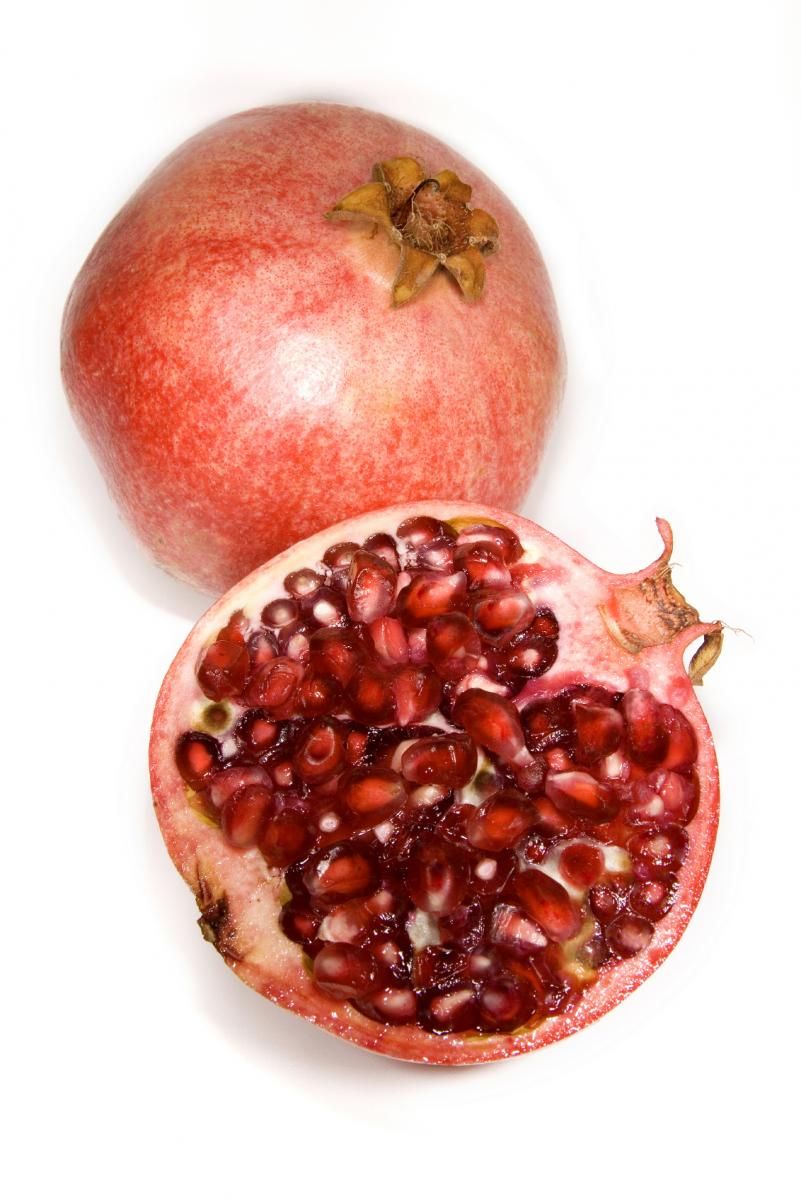Pomegranate Extract Lowers Oxidative Stress Marker
A branded pomegranate extract effectively lowers advanced glycation end products (AGEs) in vitro.

Aside from its potential to help blood sugar, pomegranate may have other uses for people with hyperglycemia-mediated diseases. At the University of Rhode Island, researchers just concluded that a pomegranate extract can lower AGEs (advanced glycation end products) in vitro.
AGEs are oxidative compounds that are found naturally in foods and increased by modern cooking techniques, such as grilling and frying. High levels of AGEs in the body can lead to inflammation, and they have been implicated in diseases such as type 2 diabetes.
To assess the efficacy of pomegranate extract against AGEs, researchers performed tests with Pomella, a standardized pomegranate extract from Verdure Sciences (Noblesville, IN). They then compared the extract to some of its key phenolic compounds-punicalagin, ellagic acid, and gallic acid-as well as an AGE-lowering drug called aminoguanidine. Compared to the drug, pomegranate extract and its isolated constituents were all able to lower AGEs more effectively than the drug. The effect of punicalagin was actually more potent than pomegranate extract.
While pomegranate juice and extract are the most conventional ways of obtaining pomegranate nutrition, the researchers admit that these delivery forms sometimes just provide just small amounts of key pomegranate nutrients to the body. In the case of addressing high levels of AGEs in the body, preparations with standardized amounts of, say, punicalagin could provide a most effective approach.
Photo © iStockphoto.com/ricsousa
Kelker Pharma to launch nutritional support system for GLP-1 medication users that features TriBsyn
December 11th 2024B&D Nutritional Ingredients Inc., an exclusive distribution partner of CarnoSyn Brands and Natural Alternatives International Inc., announced that its customer, Kelker Pharma, will be launching the “first science-backed nutritional support system” for GLP-1 medication users, called Nutrilinq Genesis.
Sirio Pharma launches line of ready-to-market organic gummies and softgels called PureOrganix
August 26th 2024The new line is made up of three gummies and one softgel that are formulated to meet stringent EU-Organic certification criteria, and target women’s health, metabolic health, and heart health.
Recent review states that pentadecanoic acid may support cellular stability for better longevity
June 25th 2024According to the paper’s author, Stephanie Venn-Watson, DVM, MPH, deficiency in pentadecanoic acid of ≤0.2% total circulating fatty acids increases the risk of ferroptosis, which a type of cell death cause by the peroxidation of fragile fatty acids in cell membranes that combines with iron thus increasing reactive oxygen species, and disabling mitochondria.

